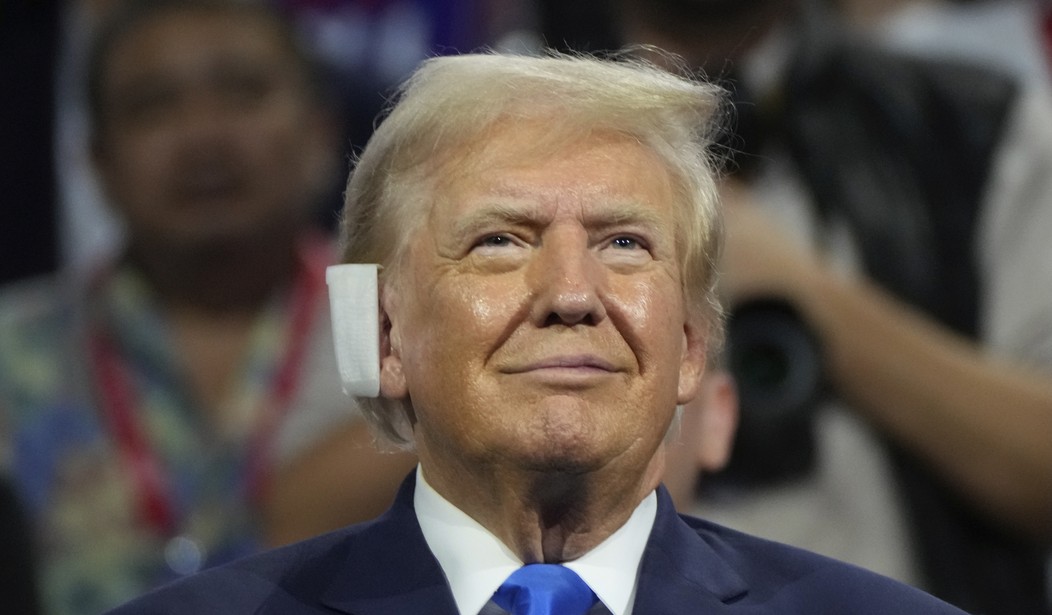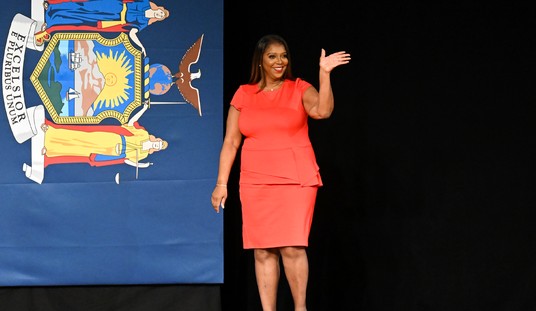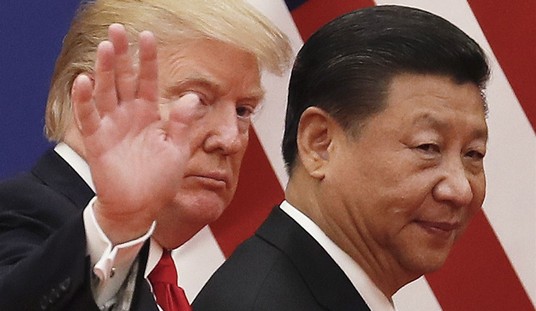We’ll begin with the obvious disclaimer: We don’t know yet what will happen in November of 2024, so we can’t conclusively say if Donald Trump was the first of a new kind of politician or the last of an old kind. Perhaps he’s the harbinger of a groundbreaking new trend; maybe he’s a once-in-a-lifetime aberration – a glitch in the Matrix – and after he exits the stage, the trail he blazed will never be repeated.
Not to wax all Rumsfeldian, but those are the “known unknowns” – the category of events we understand we still don’t know; this includes the outcome on Election Day 2024. But there are also the “unknown unknowns” – i.e., the things we flat-out don’t know that we don’t know. This is when your ignorance is so great that you can’t even anticipate the scenario. (It’s worse than not knowing the answer – it’s when you can’t even envision the question.)
It’s also the biggest obstacle in long-term prognostics: You must over-emphasize the limited number of variables you do know to offset all the variables you’re missing. This usually leads to errors, exaggerations, and (very) false projections. Case in point: Every single budgetary estimate the feds have made—ever.
Fortunately, we already have enough data about Donald Trump to conclusively, definitively, 100 percent know how he’ll be remembered – and EXACTLY how the Trump legacy will be recorded in history. Seriously. Here’s a sneak peek: Twenty years from now, he’ll be remembered poorly. Thirty years from now, he’ll still be remembered poorly. Same goes for 50 years from now! The critics, pundits, academics, professional protesters, and left-wing historians who were his contemporaries will never forgive Trump for upsetting the apple cart and depriving Hillary Clinton the presidency she so clearly deserved.
So that’s what’s happening in the near future.
But when we look 100 years (or more) in the future—beyond the timeline of his critics’ living memories—the results change dramatically.
As long as his critics are alive, Trump will never receive the accolades he deserves. They’re simply too emotionally ensnared in the anti-Trump movement to be objective evaluators of political history. When someone’s heart, social network, personal identity, and financial model are antithetical to an alternative point of view, it’s almost impossible to change their minds.
It’s not even worth trying.
Humans are emotional creatures. We make emotional decisions. Sure, after the fact, we might justify our actions with an intellectual argument – “I bought that car because it’s so fuel efficient!” – but what initially motivated you were the raw, visceral emotions you felt. In sales, in politics, in business, in school – and quite certainly in marriage – the emotional connection is our primary catalyst. Intellect is fine, but emotions are the straw that stirs the drink.
Eventually, this generation of anti-Trumpers will grow old and die. Then – and only then – will the direct emotional connection between Trump and his critics be severed. And that’s when the history books will get interesting:
A century from now, to a 30-something-year-old journalist, Donald Trump will just be a name on Wikipedia – yet another politician who lived a long, long time ago. All the emotional angst and existential hysteria about “democracy dying in darkness” will seem kind of silly. When this happens, Trump will no longer be of emotional interest; instead, he will be of human interest.
And Donald Trump is an utterly fascinating human interest story!
You’ve probably heard the cliché: “History is written by the winners.” But it’s actually not true. What’s remembered isn’t necessarily who won or lost – it’s whatever the storyteller finds the most intriguing.
For Donald Trump, that’s his Trump card.
If you’re a historian in 2124, who are you going to write about? The brash political outsider who took on the establishment and won – carousing with porn stars, living in mansions, building high-rises, surviving an assassin’s bullet, and gleefully flipping the bird at his critics?
Or do you wanna write about Millard Fillmore?
It’s not about politics but basic, primordial human nature: We gravitate to things that are fun. The stories we repeat are the ones that we find the most compelling. We’re attracted to people and events that are unusual, different, and exciting. And when we do, we create a form of cognitive bias called the “halo effect”: Since we view ourselves as good people, the things we like must be good, too.
Donald Trump was the real-life embodiment of the conservative id, and for that, the Far Left will always hate him. But once you strip away the media’s pearl-clutching and/or liberal hysterics, his presidential track record was pretty impressive: He jumpstarted the economy, squeezed China, redid NAFTA, kept Russia in a box, brokered multiple peace deals in the Middle East(!!), improved ties to North Korea, crushed ISIS, hobbled Iran, achieved energy independence – and secured a conservative judiciary for at least a decade.
Not bad for a single term. (And if you’re a conservative, it certainly whets your appetite for an encore.) It’ll take many, many decades, but eventually, the fog of anti-Trump indoctrination will dissipate. When the emotions subside, and future historians evaluate the Trump record, the results will speak for themselves. But what will speak even louder is Donald J. Trump, an all-American original – a political force so unfathomable that if it hadn't actually happened, we’d never believe it.
So, the history books written for your children will be VERY unkind to Donald Trump. They’ll call him a monster, a rapist, a liar, a wannabe dictator, and a con man (all in the first chapter, probably!). And they’ll consistently rank him among the worst presidents America has ever had.
But the history books your grandchildren read will tell a diametrically different story.
And a much better story, too.










Join the conversation as a VIP Member